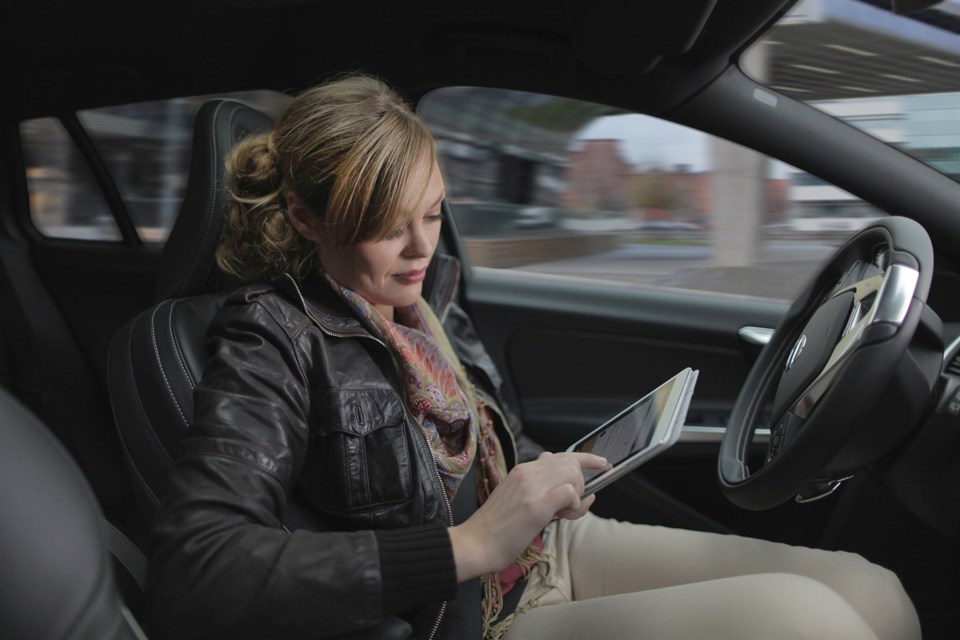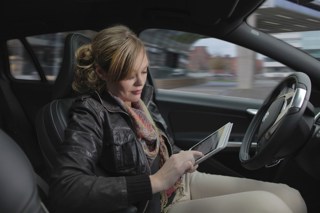Just one in 20 drivers – some 6% - say they would feel safe travelling in a driverless car and almost a third (31%) would only trust a driverless car if they could take over the controls, new research suggests.
The Opinium survey of 2,000 UK drivers, commissioned by InsuretheGap, found that more than a quarter (28%) of drivers think cars have too much technology in them, rising to a third (33%) of over 55s, compared to a fifth (20%) of under 34s.
Similarly, more than a third (35%) enjoy driving and do not want a driverless car (38% men and 32% women), rising to 42% of over 55s.
Only one in ten (10%) would consider buying a driverless car in the future (12% men and 8% women), rising to 14% of under 34s.
The survey comes in the wake of the Government announcing plans for new legislation to roll out self-driving vehicles on UK roads by 2025.
It has allocated £100 million to deliver its autonomous ambitions, with £34m confirmed for research to support safety developments and inform more detailed legislation.
Ben Wooltorton, from InsuretheGap.com, said: “While only one in ten drivers in our survey felt driverless cars are a ‘great invention’ there are undoubtedly benefits, including always following the speed limit which should reduce car accidents for instance.”
Driver education and training
Venson Automotive Solutions is encouraging fleet managers and business owners to consider education and driver training to ensure employees fully understand how to utilise and maximise the functions and benefits of autonomous vehicles.
They also need to be reviewing company car and commercial vehicle fleet policies to avoid misunderstandings relating to liability and responsibility.
Separate research by Venson revealed motorists are generally sceptical about the safety of self-driving technology, particularly the risks associated with distracting the vehicle’s pilot.
Only 5% believed it to be perfectly acceptable for the pilot to be able to watch a film while on the road, just 2% thought it was ‘okay’ to review and use social media, and 9% agreed with viewing content that is not related to driving.
Alison Bell, operations director for Venson Automotive Solutions, said: “Whilst fully self-drive vehicles are not yet legal in the UK, some vehicles do have semi-autonomy with advanced driver assistance (ADS) technology.
“By law, drivers of these vehicles must be in control at all times, so it is vital they fully understand the functionality of the technology and what the vehicle is capable of doing before they take to the road.
“For businesses with company car and van fleets, as well as those allowing employees to use private cars for business use, it is imperative they ensure they update their HR and fleet policies to address rapidly changing laws.
“For example, drink driving after the staff Christmas party will be for most businesses a disciplinary offence but where will the self-drive laws stand on this in the future?
“Whilst it is hoped autonomous vehicle technology will improve road safety and business efficiencies, there is still a long way to go before its impact will be truly understood.
“Whatever the future holds, self-drive cars are a growing and changing sector, so it’s imperative fleet managers and business owners are on top of the latest developments and adapt policies accordingly.”






















Login to comment
Comments
No comments have been made yet.